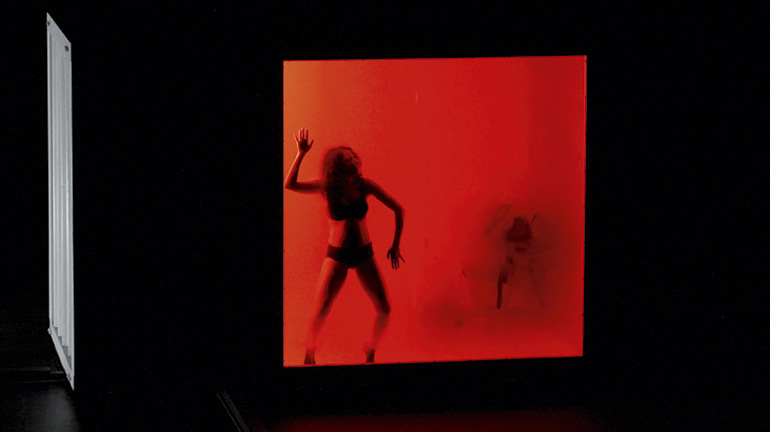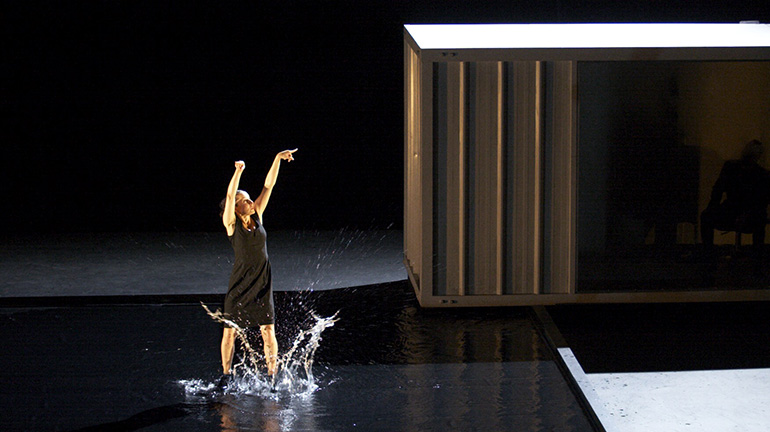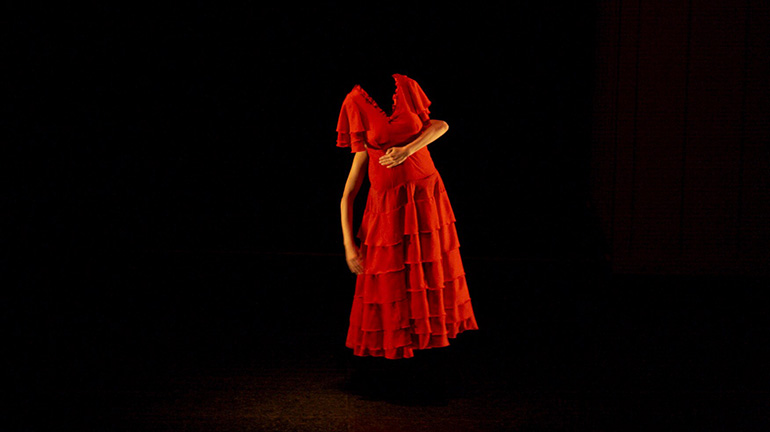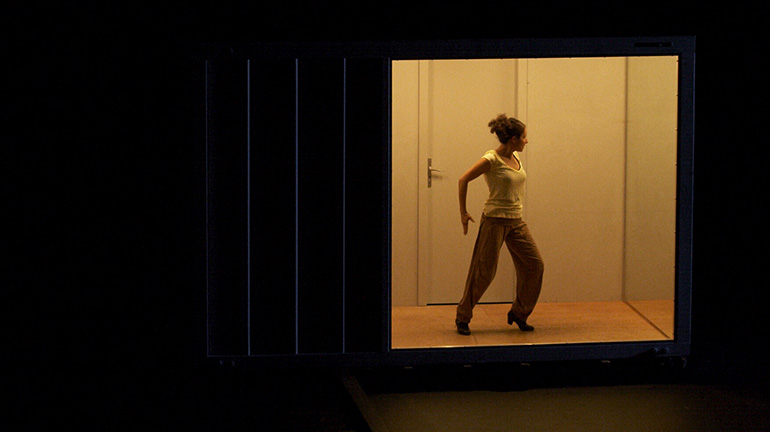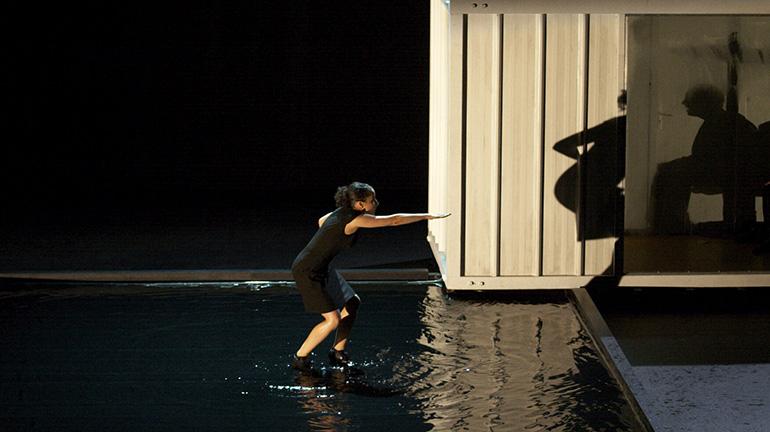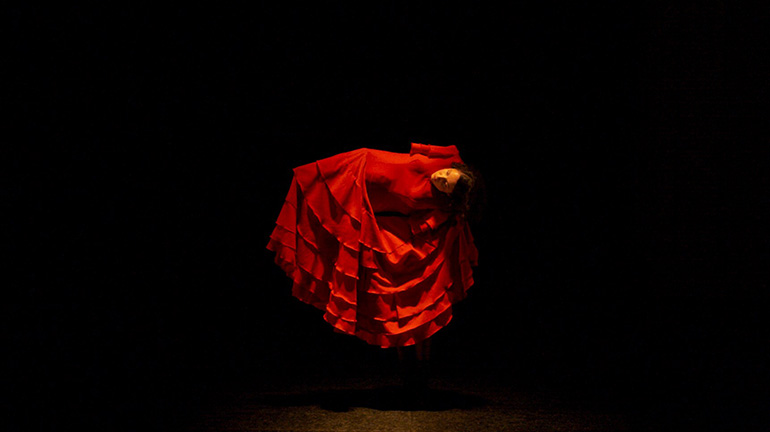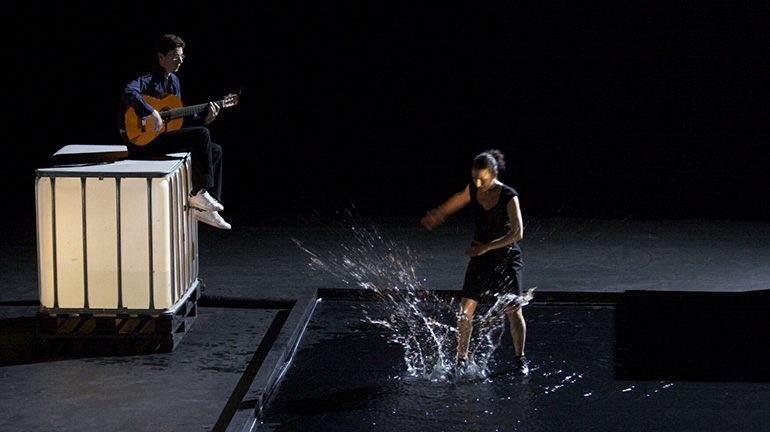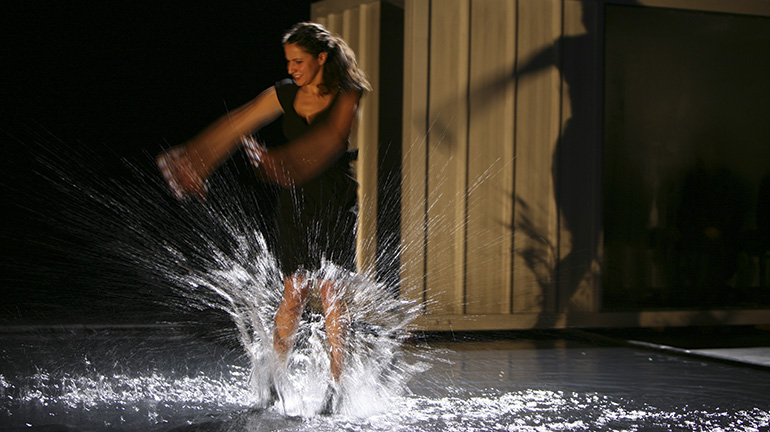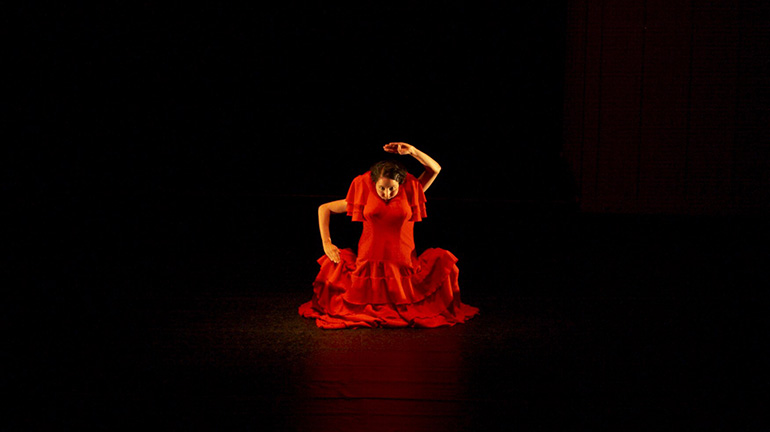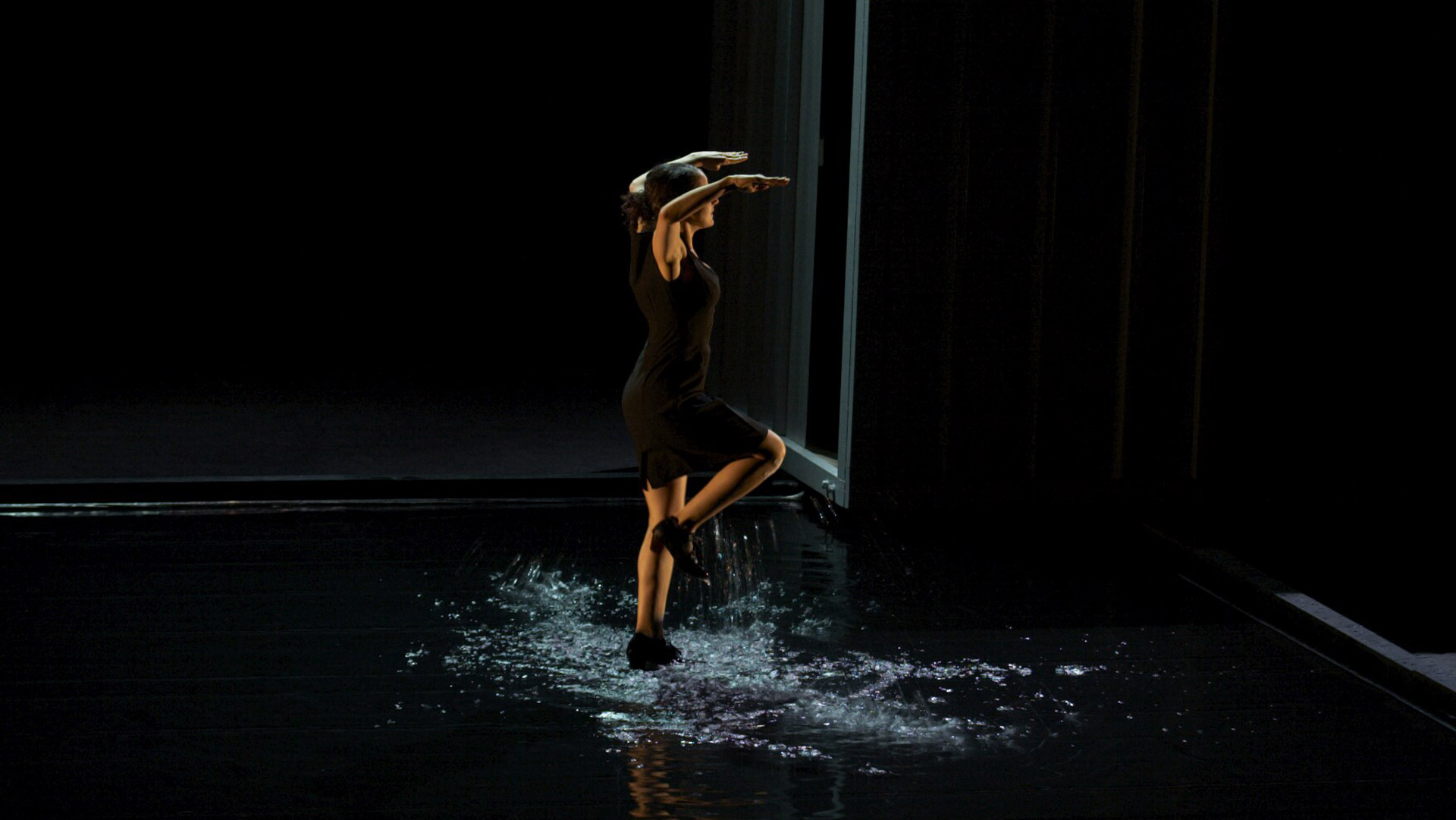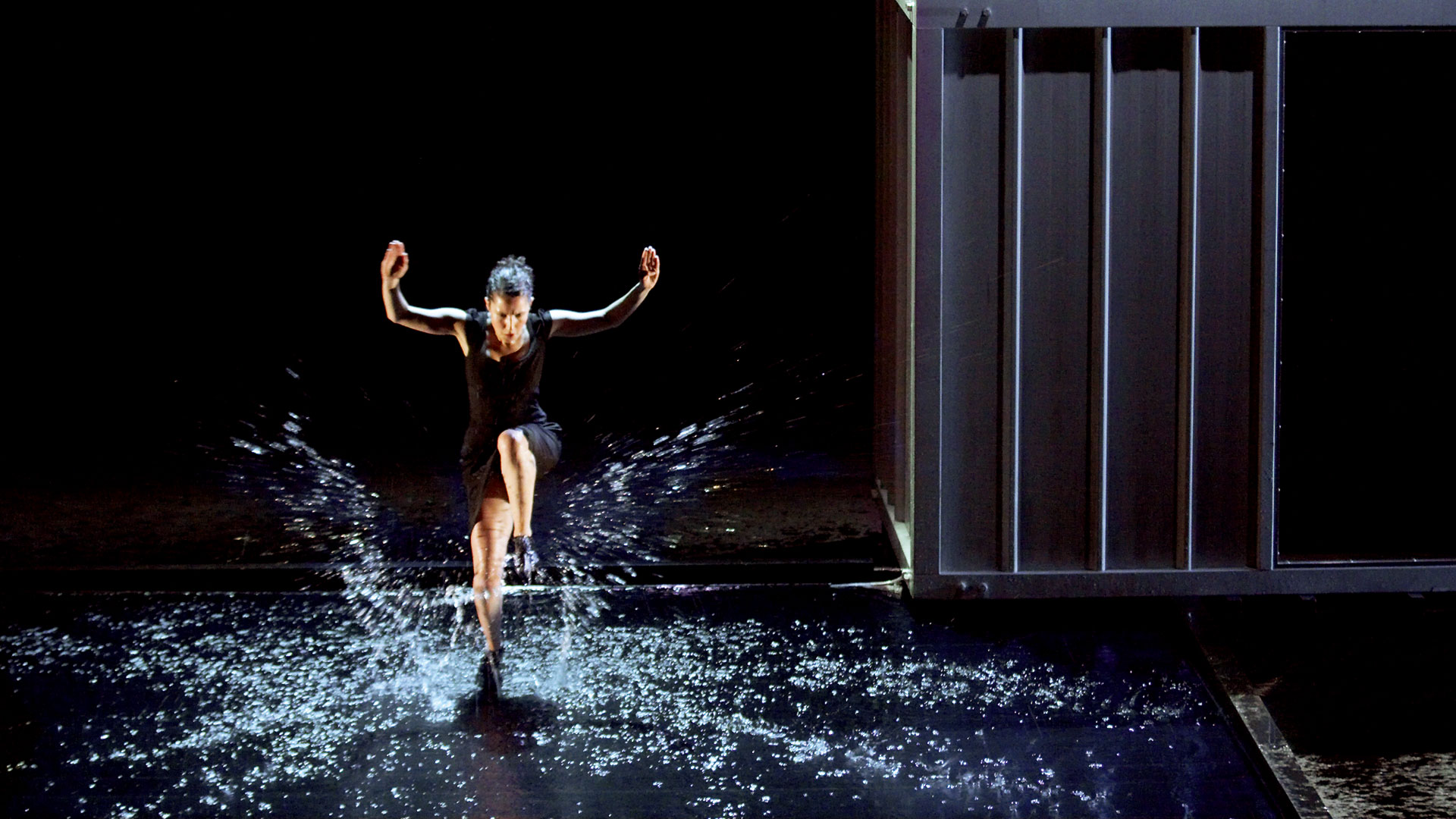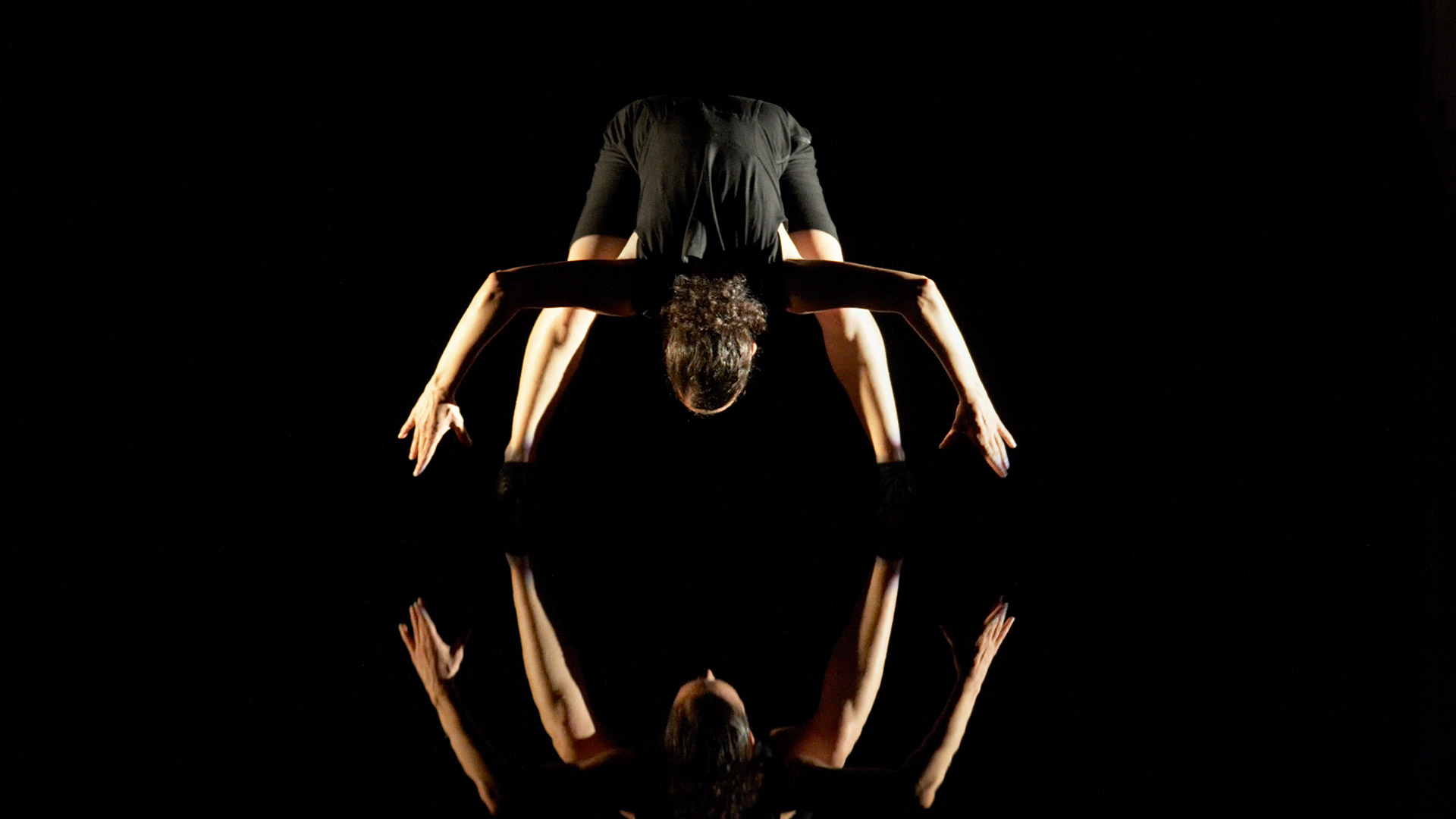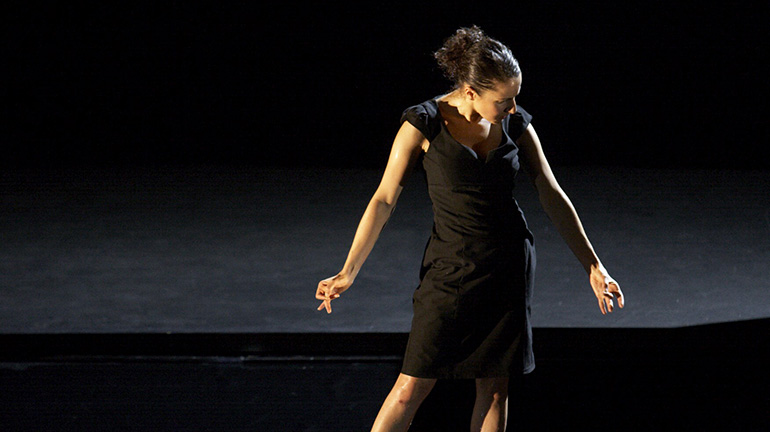de page
What’s become of you ?
What’s become of you ?
That is a question as banal as it is terrifying; it asks what you have become. It says that time has passed and that changes have occurred. It questions the choices made, and demands an on-the-spot assessment. It freezes the process of becoming, which is by nature in motion. It shows interest in the person asked, and even love, yet it can also be a sign of disinterest or disenchantment. It is a warning signal, a sting. There is despair in the way it asks, “What have you become?”, yet hope is what drives evolution. It forces us to look at the known realm behind us, while the process of becoming propels us into the future, into the unknown.
THE MEETING
I met Stéphanie Fuster in Toulouse, before she left for Seville to immerse herself completely in flamenco. I was touched by her special sensitivity, her amazing personality, the radical nature of her choice: to abandon everything in order to devote herself to it completely. She stayed there for eight years learning to be a répétitrice, then a dancer with the greatest names in dancing. She came back with her dance and asked me to write a show for her.
I first thought that that was out of keeping with the areas of my work, which is mainly geared to the question of space. Then I changed my mind. There was of course a divergence. But that divergence was also present in her career; she who had decided to confront an art belonging to another culture, who had the status of an intruder in a symbolic discipline. I gradually realized that it was her portrait I wanted to do. A stage portrait.
To imagine the space on stage which is that of her career in other climes, and to imagine her dancing, which is that of her inner, emotional range. Flamenco is there, certainly, with José Sanchez on the guitar and Alberto Garcia singing, but in a different context, that of a woman in search of herself, who is emancipated, who lives and who dies.
Whoever has not given everything to art has given nothing at all.
Vsevolod Meyerhold
Works of art are of an infinite solitude.
Rainer Maria Rilke
distribution
With
Stéphanie Fuster dancer
José Sanchez guitarist
Alberto Garcia singer
Design, scenography and direction Aurélien Bory
Choregraphy Stéphanie Fuster
Original music José Sanchez
Lighting design Arno Veyrat
Director’s assistant Sylvie Marcucci, Hugues Cohen
Set Pierre Dequivre, Arnaud Lucas
Sound design Stéphane Ley
Costumes Sylvie Marcucci
Technical Director François Dareys
Sound Manager Sylvain Lafourcade
Lighting Manager François Dareys
Head of Production Florence Meurisse
Production Manager Clément Séguier-Faucher
Press Plan Bey Agency
PRODUCTION Compagnie 111 – Aurélien Bory
COPRODUCTION AND RESIDENCIES Festival ¡Mira! / TnBA- Bordeaux, Théâtre Vidy-Lausanne
With the help of Théâtre Garonne scène européenne – Toulouse, Scène nationale de Cavaillon, La Fabrica Flamenca – Toulouse, La Grainerie Fabrique des arts du cirque et de l’itinérance – Balma.
Compagnie 111 – Aurélien Bory is under funding agreement with the Regional Directorate for Cultural Affairs Occitanie / French Ministry of Culture and Communication, Region Occitanie / Pyrénées – Méditerranée and the City council of Toulouse. It is supported by the Departmental Council of Haute-Garonne.



